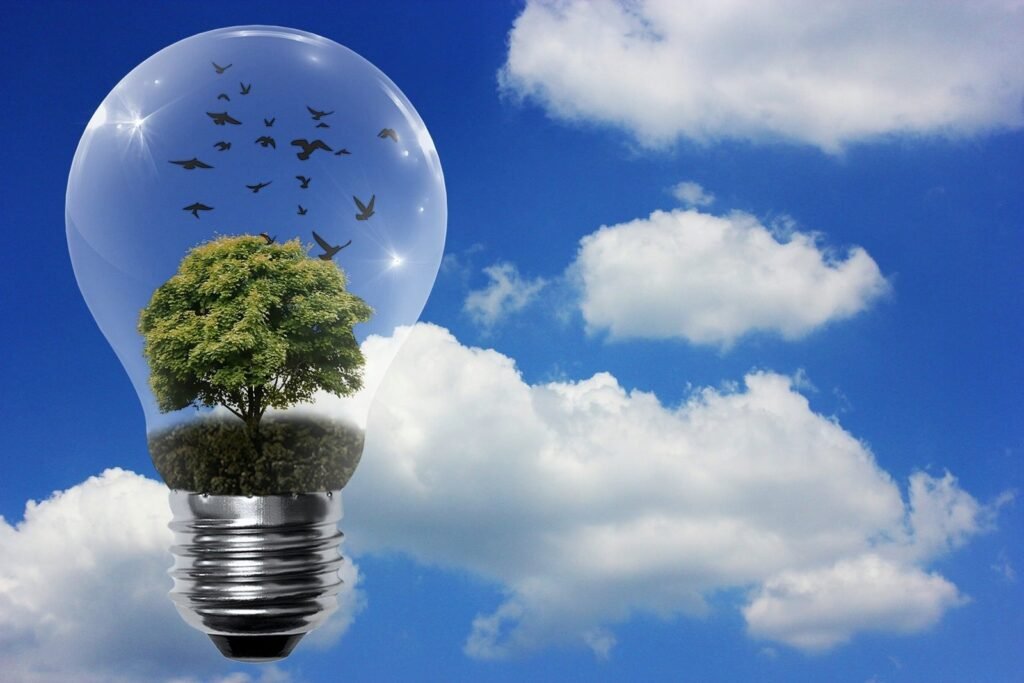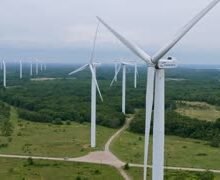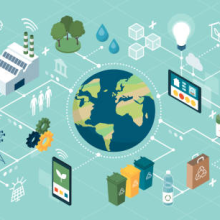Why Sustainable Development Goals (SDGs) Are Important
Sustainable development goals (SDGs) have become a pressing and prevalent topic of conversation globally in recent years.
These goals, also known as the SDGs, are a set of 17 targets designed to bring about economic, social, and environmental progress around the world.
As the world’s population continues to grow and environmental pressures intensify, sustainable development is essential to ensure that we have a healthy and equitable planet for future generations.
But sustainable development goals are not just important for politicians and businesses, they are crucial for every individual who calls Earth home.
This is because the goals are designed to tackle issues that affect us all, such as poverty, hunger, climate change, and inequality.
By working towards the SDGs, we can create a more sustainable and just world for everyone.
In this blog post, we will explore the reasons why sustainable development goals are important to everyone, including how they can improve our standard of living, protect our planet, and create a better future for generations to come.

1. SDGs are a universal.
SDGs are call to action to end poverty, protect the planet, and improve the lives and prospects of everyone, everywhere.
The Sustainable Development Goals are a set of targets agreed to by all United Nations Member States.
These goals provide a framework for actions aimed at ending poverty, improving health and education, reducing inequality, and fostering economic growth, while protecting the planet.
The SDGs are intended to be achieved by 2030 and require the commitment of everyone, from national governments to the private sector and individuals, to work together and ensure a sustainable future for all.
The importance of SDGs cannot be overstated.
Achieving these goals would mean a world where no one is left behind, where everyone has access to basic needs such as food, water, and shelter, while at the same time combating climate change, protecting the environment, and promoting sustainable economic growth.
The SDGs are essential in ensuring that the future generations have a better world to inherit, and everyone has a role to play in achieving these goals.
2. Achieving the SDGs requires the collective efforts of governments, businesses, civil society, and individuals.
Sustainable Development Goals (SDGs) are a set of goals aimed at promoting global sustainable development, addressing environmental, social, and economic issues that affect us all.
Achieving these goals is crucial to the well-being of our planet and future generations.
To do so, it is essential that we recognize that achieving the SDGs requires the collective efforts of governments, businesses, civil society, and individuals.
Governments play a critical role in creating policies and regulations that promote sustainable development.
Businesses have a responsibility to operate in ways that minimize their environmental impact. Civil society can amplify the voices of those who are impacted most by social and environmental issues.
Also, individuals can make personal choices that promote sustainability (check the history of sustainable development here)
It is only through collaboration across different sectors and levels of society that we can hope to achieve the SDGs and create a better future for all.
3. The SDGs encompass environmental conservation, the promotion of economic growth, social inclusivity, and the reduction of inequality.
Sustainable Development Goals (SDGs) are universal and transformative goals that aim to tackle the most urgent issues facing our planet and society today.
While many people associate the SDGs with protecting the environment, they are much more than that.
The goals cover a range of issues, including promoting economic growth, achieving social inclusion, and reducing inequality.
In fact, economic growth and social inclusion are two key components of the SDGs, and many of the goals are directly related to reducing poverty and addressing inequalities.
Creating sustainable economic growth is not just an environmental goal, but a social and economic one, as it can lead to job creation, increased productivity, and improved standards of living.
Achieving social inclusion and reducing inequality is also critical for a sustainable future, as it can help to create more stable and peaceful societies, and ensure that everyone has access to the opportunities they need to thrive.
4. SDGs framework addresses climate change, food security, and access to clean water and sanitation.
The Sustainable Development Goals (SDGs) are an essential framework for addressing global challenges such as climate change, food security, and access to clean water and sanitation.
These global goals were established by the United Nations in 2015 and are designed to be a universal call to action to end poverty, protect the planet, and ensure that all people enjoy peace and prosperity by 2030.
The SDGs are important because they provide a roadmap for countries, businesses, and individuals to work together to achieve a more sustainable and equitable future.
The global nature of the SDGs means that progress towards these goals benefits everyone, not just those directly impacted by the issues being addressed.
Achieving the SDGs will require collaboration and commitment at all levels, from international cooperation between governments to individual actions in local communities.
The SDGs provide a clear framework for sustainable development that is essential to everyone’s wellbeing and future prosperity.
5. By pursuing SDGs, we create a sustainable and just world for present and future generations.
The Sustainable Development Goals (SDGs) serve as a universal call to action to end poverty, protect the planet, and ensure that all people enjoy peace and prosperity by 2030.
By working towards the SDGs, we can create a more sustainable and equitable world for ourselves and future generations.
It is important for both individuals and organizations to understand and actively contribute to achieving the SDGs.
These goals have the potential to address key global challenges, such as climate change, poverty, education, gender inequality, and much more.
A collective global effort towards the SDGs is essential to ensure a healthy and secure future for all.
Therefore, we all must take responsibility and support the implementation of the SDGs to enable sustainable development and a brighter future for our world.
Conclusion
In conclusion, sustainable development goals are not only important for protecting the environment, but also for social and economic progress.
By addressing issues such as poverty, inequality, climate change, and environmental degradation, we can create a more equitable and sustainable future for all.
It is crucial for individuals, businesses, and governments to work together to achieve these goals, and take concrete actions towards a sustainable future.
Ultimately, by investing in sustainable development, we are investing in a better world for ourselves and future generations.
Here are some backlinks to articles on reputable organization’s websites that discuss the importance of the Sustainable Development Goals (SDGs):
- United Nations Development Programme (UNDP): Why the Sustainable Development Goals Matter (https://www.undp.org/content/undp/en/home/sustainable-development-goals/why-the-sdgs-matter.html)
- World Wildlife Fund (WWF): The Sustainable Development Goals (https://www.worldwildlife.org/pages/the-sustainable-development-goals)
- United Nations Global Compact: The Business Case for the Sustainable Development Goals (https://www.unglobalcompact.org/what-is-gc/our-work/sustainable-development)
- World Health Organization (WHO): Sustainable Development Goals (https://www.who.int/sdg/en/)
- International Institute for Sustainable Development (IISD): Why are the Sustainable Development Goals Important? (https://sdg.iisd.org/commentary/policy-briefs/why-are-the-sustainable-development-goals-important/)


